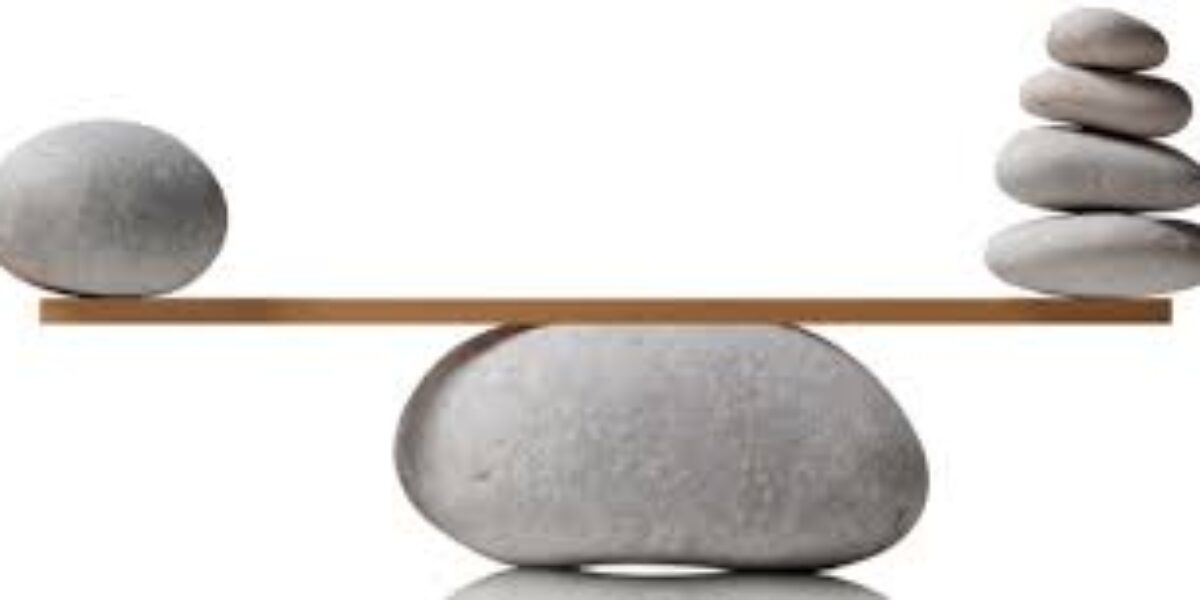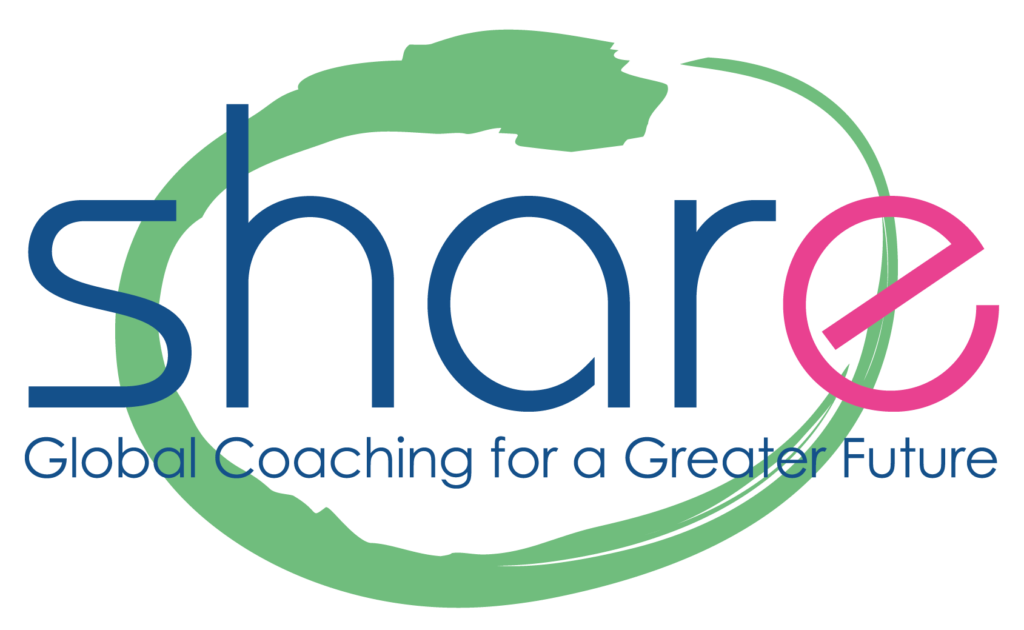Judge or jury? How to distance ourselves from our judgments and act appropriately in difficult situations.
A true story
I recently held a supervision session for one of my colleagues. In order to make him practice, I told him he should be my coach during a coaching session. As supervisor, I like to refer to real cases in my coaching life so as to enable my coachees to work on issues that I consider important, exactly as if I were a real client.
In this particular case I submitted a very complex coaching case that was a mishmash of political games, controversial managerial behaviors and lack of decision-making on the part of management.
As supervisor, at the end of the session, I gave the coach a feedback on his coaching. I told him that I felt he was withholding something, that he was “beating around the bush” and I asked him what he really thought about me in this particular situation. He was rather embarrassed when he said: “I feel that you are very judgmental about the situation. I hesitated to tell you because I have a lot of respect for you, but I really think you are not being impartial”. I felt as if a door had been slammed on my face! Nevertheless, I told him that that’s exactly what he should have said to me during the coaching session, because that was the crux of my problem: I was so involved in the situation that I didn’t even realize I was judging. That’s what hurts most: not being aware of the full impact of my judgments, even though I have a twenty-year experience in coaching! Yes, hidden truths can really be painful once they surface…
How I succeeded in dealing with the problem
On that very same day I had an appointment with my client. I silenced my pride and seriously pondered on the question: how do I get rid of my judgmental attitude to see things clearly and help my client in a particular situation?
After examining every aspect of the problem, I realized that I couldn’t do it. If someone tells you “to stop thinking about the pink elephant”, you will obviously keep thinking about the pink elephant!
Starting from this assumption, I did a mental exercise that I learned while reading the books written by Giorgio Nardone, one of the most important researchers in the realm of systemic therapy. Instead of shunning an action or a thought, you have to magnify it, carry it to its extreme limits. In other words, play along with it. I therefore started exaggerating my judgments vis-à-vis my client; I inflated them so that I could see them more clearly, just as it used to happen with old photographs that gradually became more distinct under to the effect of chemicals. Afterwards, I assessed those judgments and I managed to distance myself from them precisely because they were so crystal clear. It was like being sick after binging on sweets. I was still aware of my judgments, but I had succeeded in dissociating myself from them so as not to be overcome on an emotional level.
The result was that during my session, since I was well aware of my judgments and of the danger they represented for me as a coach, I managed to stay neutral and act appropriately.
Judgments are deeply ingrained within us
Every one of us develops judgments that are linked to emotions. A judgment is nothing but a shortcut that enables us to take quick decisions. The cave man had to judge swiftly whether an animal or another man was dangerous and as a result he either attacked or fled. Our judgments are deeply rooted within us: they help to protect and preserve us. “Lack of judgment” is not intrinsic to human nature. In our prefrontal cortex, however, we have developed cognitive abilities that enable us to overcome our “judgment instincts”.
The cognitive process to distance ourselves from our judgments
Briefly, the cognitive process to become aware of, and manage, our judgments is the following:
1/First and main step: have doubts about the appropriateness of our judgment in a certain situation. In my case, I had the good sense to discuss the case with the person I was supervising who gave me a scorching feedback. I knew that there was something wrong in my way of thinking. I realize that, had I not decided to have him coach me, I would have had to discuss this problem with someone else. Thanks to a healthy doubt I shared opinions and this helped me avoid mistakes in my coaching.
2/ Having become aware of my judgments, I followed Giorgio Nardone’s instructions: I magnified them so as to understand them better and draw a red “CAREFUL!” mental line that would become my watchdog and help me distance myself from my judgments.
3/ I therefore managed to step back emotionally and act appropriately.
Conclusion: let’s accept ourselves as we are and let’s use our cognitive skills to make informed judgments.



